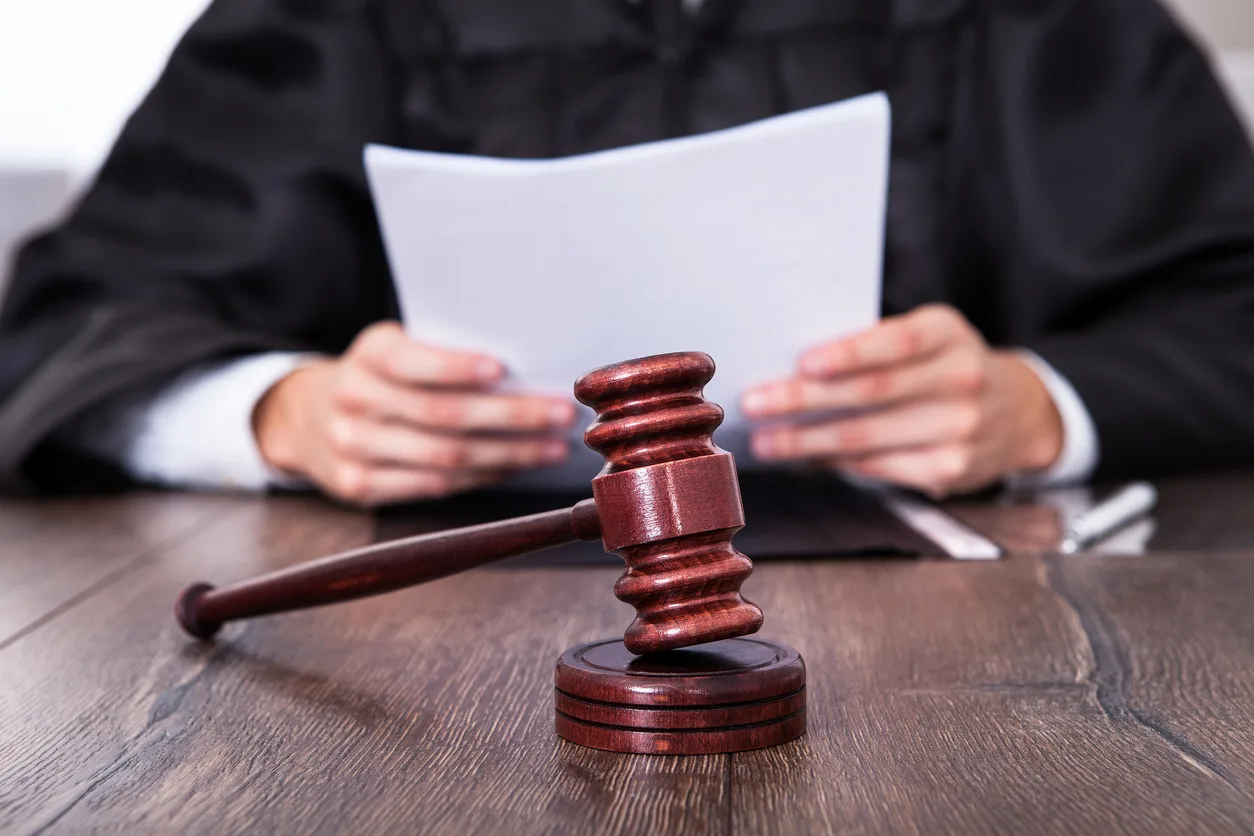Appeal

If you’ve been involved in a personal injury case in Texas, you already know how much a verdict can impact your future. But what if the outcome wasn’t what you deserved? What if a legal error or unfair ruling cost you the compensation you need to rebuild your life?
At Zehl & Associates, we’ve recovered Billions for accident victims in Texas and across the United States, including some of the largest verdicts and settlements in history. We know what’s at stake when you or a loved one has been seriously injured or tragically killed because of someone else’s reckless actions. And we have the experience, resources, and relentless determination to stand up, fight, and win for you, even when that means taking your case to the court of appeals.
Appeals are a critical safeguard in Texas law, giving both plaintiffs and defendants the opportunity to challenge legal errors that may have changed the outcome of a trial. Here’s what you need to know about how appeals work, when they may apply to your case, and how our undefeated Texas Personal Injury Lawyers can guide you through every step of the process to protect your rights and secure the justice you deserve.
Table of Contents
- What Is an Appeal?
- Grounds for Appeal in Texas
- The Appeal Process in Texas
- Deadlines and the Statute of Limitations
- Contact Our Undefeated Houston Personal Injury Lawyers for a Free Case Review at 888-603-3636
What Is an Appeal?

An appeal is a formal request to have a higher court review the decision made by a lower court. In Texas, personal injury appeals typically move from a district or county court to one of the state’s intermediate courts of appeals, and in rare cases, to the Texas Supreme Court.
It’s important to note that an appeal is not a new trial. You don’t get to present new evidence or call new witnesses. Instead, the appellate court looks at the record of what happened at trial and decides whether any errors of law occurred. If errors are found, the appeals court may reverse the decision, send the case back for a new trial, or modify the judgment.
Grounds for Appeal in Texas
Not every unfavorable verdict can be appealed. Texas law requires that there be specific legal errors that may have impacted the outcome.
Some common grounds for appeal in personal injury cases include:
- Improper jury instructions: If the trial judge gave the jury incorrect instructions about the law, the verdict could be overturned.
- Evidentiary errors: This happens when evidence that should have been excluded was admitted, or when relevant evidence was wrongly kept out.
- Insufficient evidence: If the verdict was not supported by legally sufficient evidence, the appeals court can step in.
- Procedural mistakes: Errors in how the trial was conducted, such as improper rulings on motions, can also form the basis of an appeal.
- Misapplication of the law: If the judge applied the wrong legal standard, it can affect the fairness of the case.
These issues can be complicated to identify, which is why working with an experienced appellate attorney is crucial.
The Appeal Process in Texas
Filing an appeal is not as simple as just asking for another trial. It involves strict deadlines and detailed procedures.
Here’s a general outline of how the process typically works:
- Notice of appeal: The party appealing, called the appellant, must file a notice of appeal within 30 days of the judgment.
- Record preparation: The appellate record is created, including transcripts of the trial, evidence admitted in court, and all motions filed.
- Briefs: Both sides file written arguments, known as briefs. The appellant explains the errors that occurred, while the appellee (the other party) argues why the trial court’s decision should stand.
- Oral argument: In some cases, the appeals court will schedule a hearing where attorneys present their arguments and answer questions from the judges.
- Decision: The appellate court issues a written opinion, which may affirm, reverse, or modify the lower court’s ruling.
This process can take months or even more than a year, depending on the facts and circumstances of the case.
Deadlines and the Statute of Limitations
Appeals are separate from the statute of limitations that applies to personal injury lawsuits in Texas. The statute of limitations sets a two-year deadline from the date of the injury to file your initial lawsuit.
Once a verdict or judgment has been entered, the deadlines for appeal are much shorter. Missing the notice of appeal deadline can mean losing your right to challenge the trial court’s decision entirely.
Since the timelines are so strict, it’s essential to act quickly and get legal help if you’re considering an appeal.
Contact Our Undefeated Houston Personal Injury Lawyers for a Free Case Review at 888-603-3636
An appeal is not a second chance to try your case, but it can be a powerful tool for correcting errors made at trial. In Texas personal injury law, appeals can influence whether victims receive the compensation they need or whether verdicts against defendants remain in place.
If you believe your personal injury case was decided unfairly, speaking with an experienced Texas appellate attorney is the best way to protect your rights. Contact us to schedule a free consultation with our unbeaten personal injury lawyers at Zehl & Associates today at 888-603-3636.
We’ve won billions of dollars for our deserving clients and have never lost a case at trial. We also work on a contingency fee basis, so we only get paid if you do.
FREE CASE REVIEW
Fill Out the Form Below for a Free Case Review with our Undefeated Personal Injury Lawyers
All communications are private and confidential. This site is protected by reCAPTCHA and the Google Privacy Policy and Terms of Service apply.